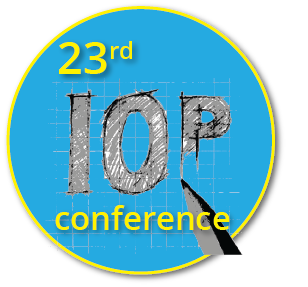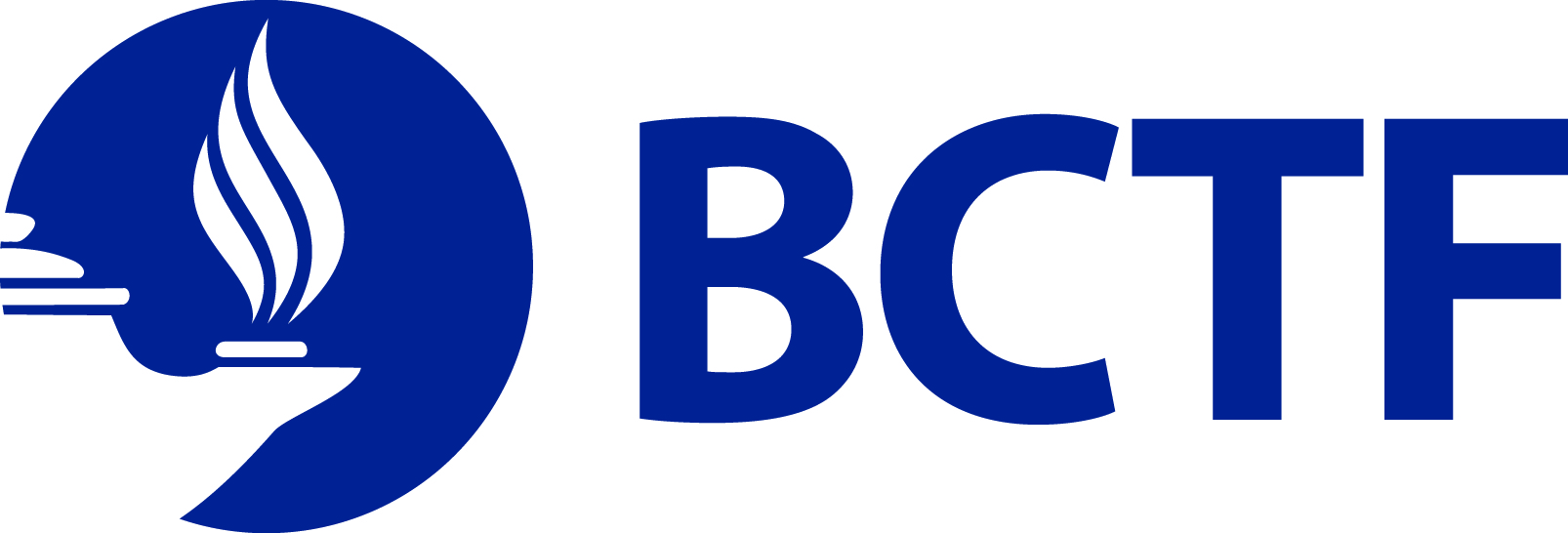Gender Discourses in the curriculum of Teacher Education in Chile
Presentation by: Hector Gomez
Session F | 11:50 – 12:10 | Room 207
Abstract:
This proposal stems from my master thesis and aims to problematize gender discourses emerging from the curricula of teacher education in Chile, located from the perspective of ‘performative’ gender (Butler, 1990) and an understanding of curriculum as discursive practice (Popkewitz, 1994).
In this sense, curriculum is understood as a discursive construction that emerges gradually with the integration of different voices and perspectives, based on the key concepts of knowledge, identity and power (Popkewitz, 1994).
A performativity gender perspective is understood as a set of discursive and theatrical practices, a performative effect of repeated acts without an original one or an essence. That is, it is part of a previous cultural structure, but at the same time provides creative experiences of rupture, which allows for the complexity and the rejection of binary categorizations.
In methodological terms I conducted a Critical Discourse Analysis, specifically the three-dimensional model of Norman Fairclough (1995), considering a first dimension of linguistic analysis, a second one of intertextual analysis, and a third one of socio-explanatory analysis, all of them interconnected.
The main results of the study show a clear gender invisibility in the curricula of teacher education, which involves personal, academic and professional consequences for future teachers and a reproduction of gender inequalities in their ways of knowing.
These effects would impact the whole of student teachers, who assume certain discourses as universal, unquestionable and essential truths, installing exclusive possibilities for identifying and reducing the spaces of intelligibility and existence.
Thus, no consideration of gender allow for social stereotypes, imposing particular ways of being male or female, and heterosexuality as the only legitimate and accepted expression of sexuality. As a result, future teachers would potentially use sanction, rejection and intolerance against non-traditional identities of gender.
References:
Butler, J. (1990). Gender Trouble: Feminism and subversion of identity. New York: Routledge.
Fairclough, N. (1995). Critical Discourses analysis. The critical study of language. London/New York: Longman.
Popkewitz, T. (1994). Modelos de poder y regulación social en Pedagogía: crítica comparada de las reformas contemporáneas de la formación del profesorado. Barcelona: Ediciones Pomares – Corredor.

